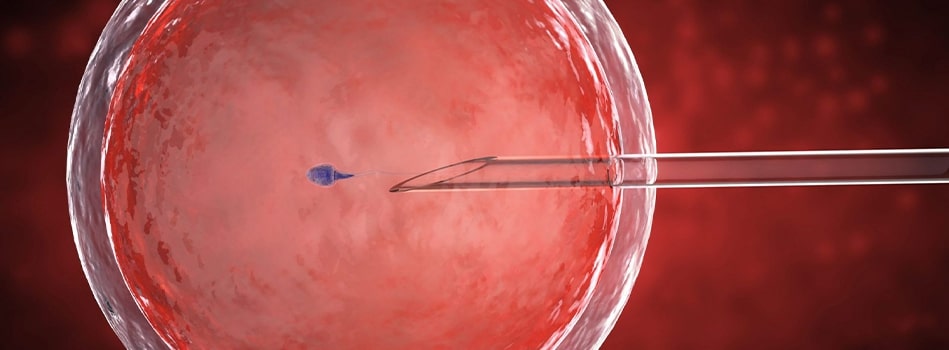Call Now
Address
- Kalyan IVF Centre ,Baradari Crossing,Morar Gwalior 474006

Intracytoplasmic Sperm Injection (ICSI) is an advanced fertility treatment technique used in conjunction with in vitro fertilization (IVF) to overcome male factor infertility and enhance the chances of successful fertilization.
ICSI is a highly specialized fertility procedure that involves the injection of a single sperm directly into an egg. This is done to facilitate fertilization when traditional IVF techniques may not be effective due to male infertility factors.
1. Ovulation Induction: Similar to IVF, the woman undergoes ovarian stimulation to produce multiple eggs.
2. Egg Retrieval: Mature eggs are collected from the ovaries through a minor surgical procedure.
3. Sperm Collection: A sperm sample is obtained, usually through ejaculation or surgical extraction if needed.
4. Sperm Selection: A single, high-quality sperm is selected for injection.
5. Sperm Injection: Using a specialized needle, the selected sperm is injected directly into the egg.
6. Embryo Culture: Fertilized eggs develop into embryos over a few days.
7. Embryo Transfer: One or more healthy embryos are transferred into the woman’s uterus.
8. Luteal Phase Support: Hormonal support is given to prepare the uterine lining for implantation.
9. Pregnancy Test: A pregnancy test is performed about two weeks after the embryo transfer to confirm pregnancy.
ICSI is recommended for couples facing male factor infertility, including:
1. Low Sperm Count: When there are insufficient sperm for conventional IVF.
2. Poor Sperm Motility: Sperm with limited movement.
3. Abnormal Sperm Morphology: Sperm with structural abnormalities.
4. Ejaculatory Dysfunction: Difficulty with ejaculation.
5. Previous IVF Failures: When conventional IVF has not yielded fertilization.
1. Overcoming Male Infertility: ICSI allows for successful fertilization even in cases of severe male factor infertility.
2. Enhanced Fertilization Rates: ICSI often results in higher fertilization rates compared to traditional IVF.
3. Reduced Risk of Failed Fertilization: ICSI minimizes the risk of sperm not penetrating the egg, a concern in conventional IVF.
4. Increased Success Rates: ICSI may improve the overall success rates of IVF in couples with male infertility issues.
Before undergoing ICSI:
1. Fertility Assessment: A thorough evaluation to determine the suitability of ICSI.
2. Health Optimization: Achieving a healthy lifestyle, including maintaining a balanced diet and managing stress.
3. Counseling: Emotional support and counseling to address the psychological aspects of infertility and treatment.
Medications used for ICSI are similar to those used in IVF and may include:
1. Ovarian Stimulation: Fertility medications to stimulate egg production.
2. Hormonal Support: Progesterone supplements to prepare the uterine lining.
3. Pain Relief: Pain relievers for post-procedure discomfort.
The success rate of ICSI varies based on factors like the quality of eggs and sperm, the age of the woman, and the overall health of both partners. Discuss success rates with your fertility specialist.
ICSI increases the chances of fertilization, but pregnancy success depends on various factors, including embryo quality and the woman's age.
ICSI is generally safe, but it carries some risks, such as a potential risk of genetic abnormalities in offspring. Your fertility specialist can provide more information and guidance.
ICSI is a highly effective option for male infertility, but other treatments and interventions may also be considered based on individual circumstances.
The number of embryos transferred during ICSI depends on individual factors and preferences, with the goal of achieving a safe and successful pregnancy.
Always consult with a qualified fertility specialist who can provide personalized advice and recommendations tailored to your unique fertility needs and challenges.

Kalyan IVF center supports countless couples in realizing their dream of parenthood. Our dedicated team guides and assists them throughout the journey.
Kalyan IVF Centre ,Baradari Crossing,Morar Gwalior 474006
© 2023 Kalyan IVF . All Rights Reserved